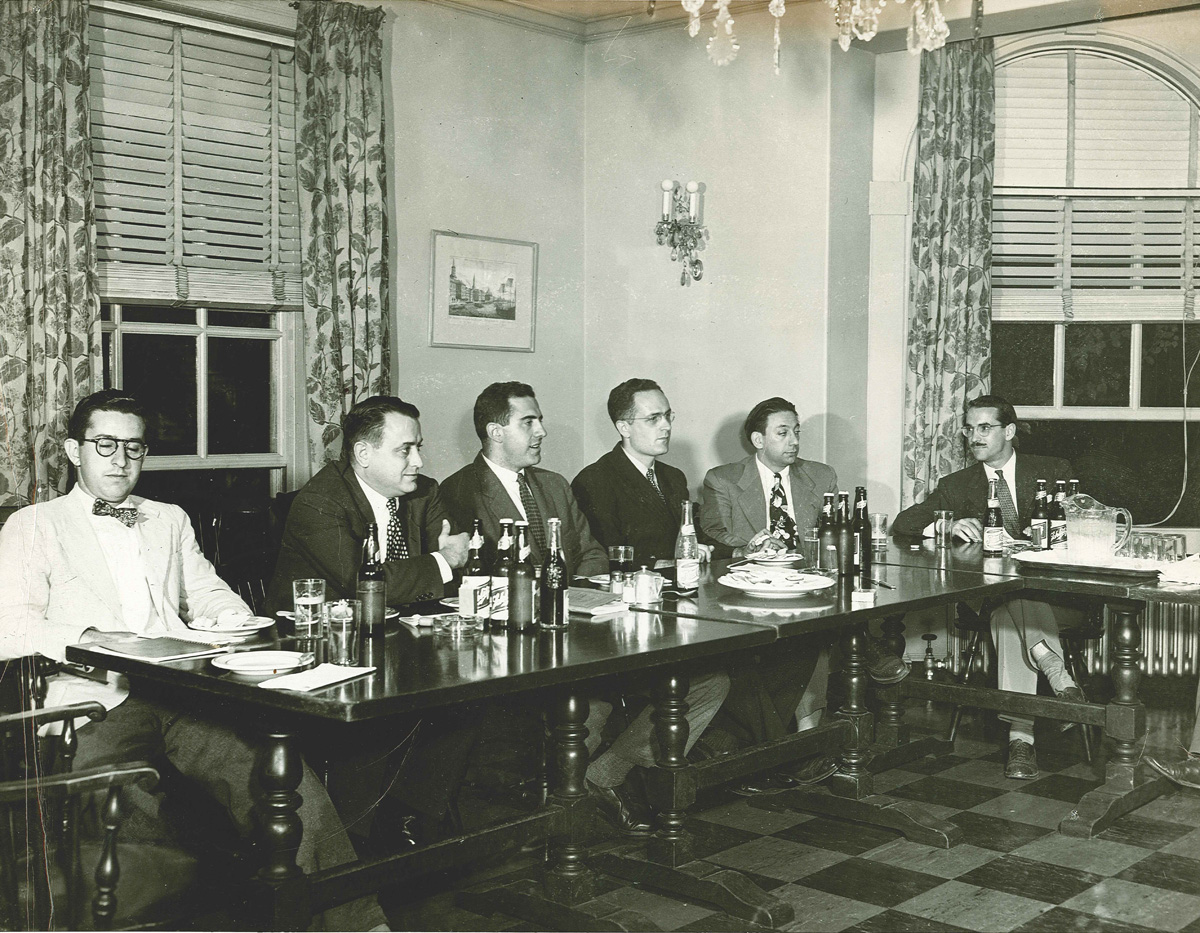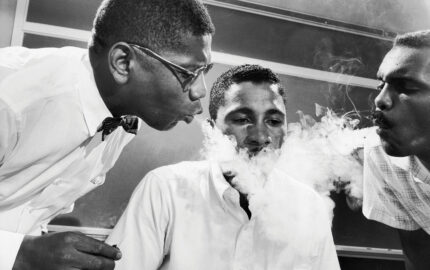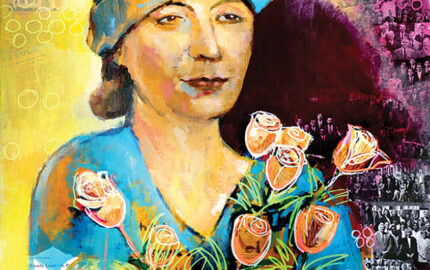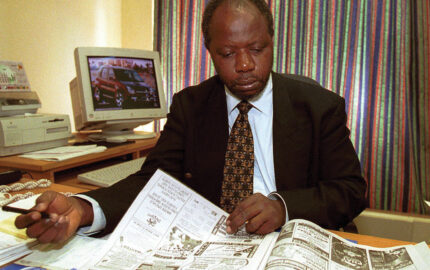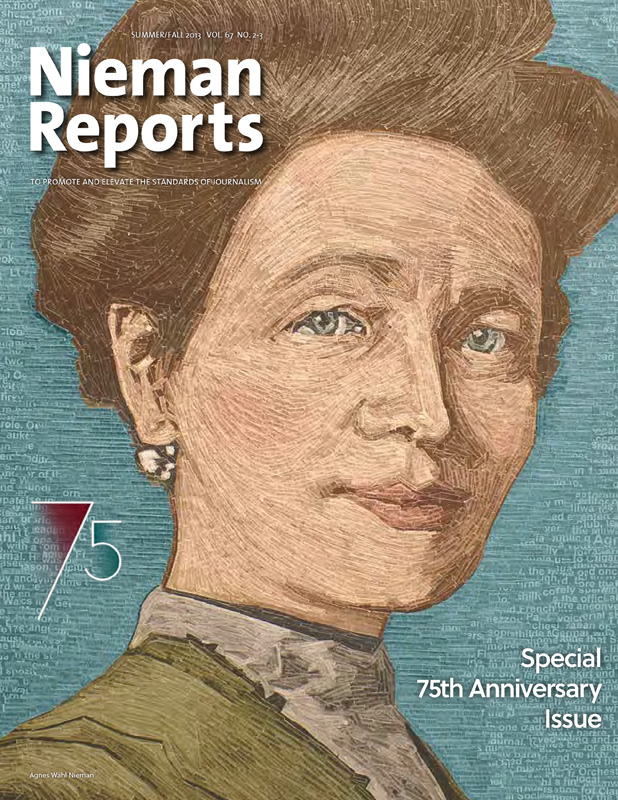
Writing in the Spring 1989 issue of Nieman Reports, Louis M. Lyons, NF ’39, explained the weekly seminar series added during his Nieman year
The dinner guests [curator Archibald] MacLeish coaxed to Cambridge that year were distinguished and the talk was grand. Walter Lippmann came up. So did Heywood Broun. And so did Paul Y. Anderson, the great investigational reporter of the [St. Louis] Post-Dispatch, John Gunther, Alexander Woollcott, William Allen White, Henry Luce, Harold Laski, and Raymond Gram Swing. Besides, Ralph Ingersoll came with a blueprint for a new kind of newspaper to be called PM, and James Morgan of The Boston Globe came to describe to us the convention that nominated William Jennings Bryan.
MacLeish’s own conversation was sparkling. He knew most of the guests. He was deft in directing the discussion and bringing everyone into it. There was just one ground rule. Everything was off the record. So the talk was full, free, candid.
When [Harvard president James B.] Conant in the spring had us all around to his house to hear the returns of our year, he asked about the Nieman dinners. Oh, great. But one Fellow remarked that the faculty guests didn’t talk much. Another commented that they didn’t get much chance. Conant then suggested a second series, to hear from faculty members. So the next season we started a Tuesday afternoon session over beer and cheese at the Faculty Club and called it a seminar. Each week we would ask one of the faculty to come from 4 to 6 o’clock to talk about some topic in his field.
These two series, the dinners and the seminars, continued as a strong thread of the Nieman program. The dinners, thereafter on alternate weeks, always averaged out at a high level but uneven. The faculty seminars, on the other hand, proved uniformly well organized and incisive, usually searching and in depth. The time of day had something to do with the seminars being more businesslike. The newspaper talk was apt to be more discursive, more rambling, often irrelevant, but always interesting, usually revealing, often exciting. Both in their different ways developed the kind of talk that shouldn’t be missed.
